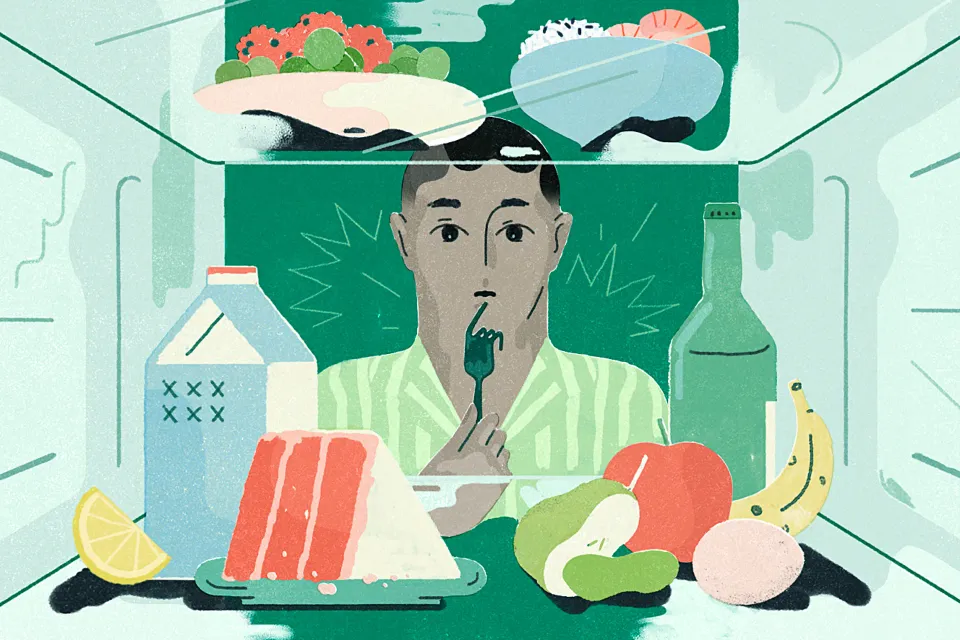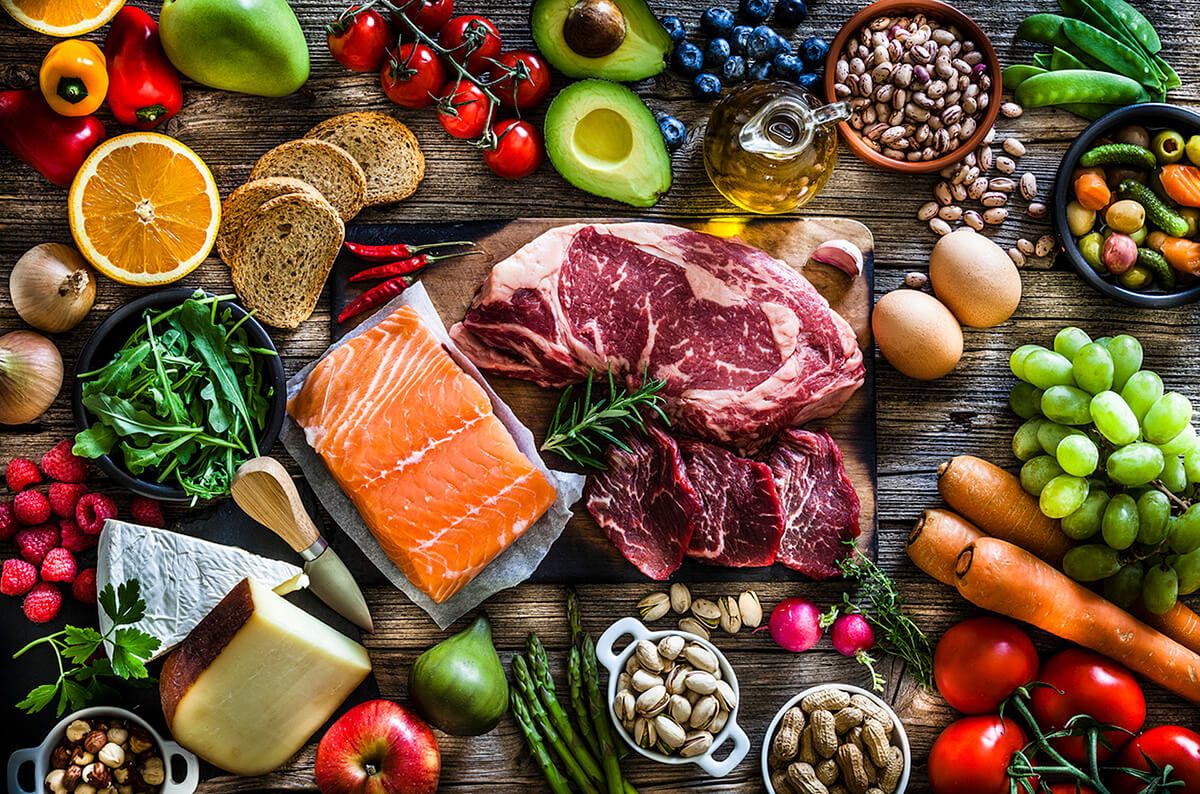Eating but Not Satisfied? Discover the Hidden Factors Behind Your Hunger

In today's fast-paced world, we often find ourselves reaching for the nearest snack or meal without truly understanding the reasons behind our hunger.
Sometimes, even after consuming a hearty meal, we might still feel that nagging sense of dissatisfaction. Let's delve into the science and psychology behind this phenomenon and explore tangible ways to address it.
When Food Doesn't Satisfy?
It's not uncommon to finish a meal and still feel that void, that lingering sense of wanting more. This isn't always about the quantity or even the quality of the food. It's about understanding the intricate dance between our body's biological needs and our mind's emotional desires.
1. The Quality and Variety of Your Diet
Processed vs. Whole Foods:
Processed foods often lack essential nutrients and are packed with additives and preservatives. These can interfere with our body's natural satiety signals. On the other hand, whole foods, rich in fiber and nutrients, can help us feel fuller for longer.

Science Alert!
Studies have shown that whole foods take longer to digest, leading to prolonged feelings of fullness. They also cause a slower rise in blood sugar, preventing those sudden hunger pangs.
2. Nutrient Balance
Ensuring a balanced intake of proteins, carbs, fats, and a spectrum of vegetables is crucial. Each nutrient plays a unique role in satiety:
- Proteins: They are the building blocks of our body and play a significant role in satiety. Consuming adequate protein can reduce the levels of the hunger hormone ghrelin.
- Carbs and Fats: While often demonized, they are essential for energy. The key is choosing the right types and amounts. Complex carbs and healthy fats can keep you satisfied for longer.
- Hydration: Water plays a pivotal role in digestion and can significantly influence our perception of hunger. Often, our bodies confuse thirst with hunger.
3. The Emotional Aspect of Eating
Eating isn't just about nourishing our bodies; it's also about nourishing our souls. Sometimes, we eat to fill emotional voids or to relive cherished memories. Recognizing the difference between emotional and physical hunger is vital.
Tip: Before reaching for that snack, pause and reflect. Are you genuinely hungry, or are you trying to fill an emotional void?

4. Matching Food Choices with Intent
Understanding the reason behind your cravings can lead to more satisfying meal choices. If you're seeking emotional comfort, perhaps a cherished family recipe might be more satisfying than a generic meal. On the other hand, if you're physically hungry, a balanced, nutrient-rich meal will likely hit the spot.
5. Beyond Food: Other Ways to Satisfy
If emotional needs drive your hunger, consider alternative ways to find satisfaction:
- Relaxation: Meditation, reading, or simply taking a few deep breaths.
- Rejuvenation: A refreshing shower or a short nap.
- Recreation: Physical activities or spending quality time with loved ones.
6. Building Self-awareness
Tuning into your body's signals and understanding your emotional needs is a journey. It requires patience, reflection, and sometimes guidance. Sharing your experiences and insights with a dietitian, coach or therapist can provide valuable feedback and strategies.
5 Key Tips for More Satisfying Meals
After understanding the intricate relationship between our meals, our emotions, and our body's needs, it's essential to have actionable steps to implement in our daily lives.
Here are five tangible tips to ensure every meal leaves you feeling content and nourished:
- Mindful Eating: Before you start eating, take a moment to appreciate your food. Look at the colors, smell the aromas, and savor each bite. This practice not only enhances the eating experience but also helps you recognize when you're full.
- Plan Ahead: Prepare a weekly meal plan that ensures a balanced intake of proteins, carbs, fats, and vegetables. This not only reduces the chances of reaching for unhealthy, processed foods but also helps in grocery shopping and reduces food wastage.
- Stay Hydrated: Drink a glass of water before each meal. This simple habit can help you differentiate between hunger and thirst and prevent overeating.
- Emotional Journaling: Keep a diary where you jot down your feelings when you feel the urge to eat. Over time, you'll start to notice patterns and triggers, helping you address emotional eating.
- Seek Support: Share your food journey with a friend or family member. Having someone to discuss your experiences with can provide motivation, accountability, and new perspectives.
Remember, the journey to understanding and satisfying your body's needs is continuous. Celebrate small victories and be patient with yourself. Every meal is a new opportunity to make better choices.

In Conclusion
Eating is a complex interplay of biology and psychology. By understanding both aspects, we can make more informed and satisfying choices.
Remember, every meal is an opportunity to nourish both your body and soul. Choose wisely, and bon appétit!